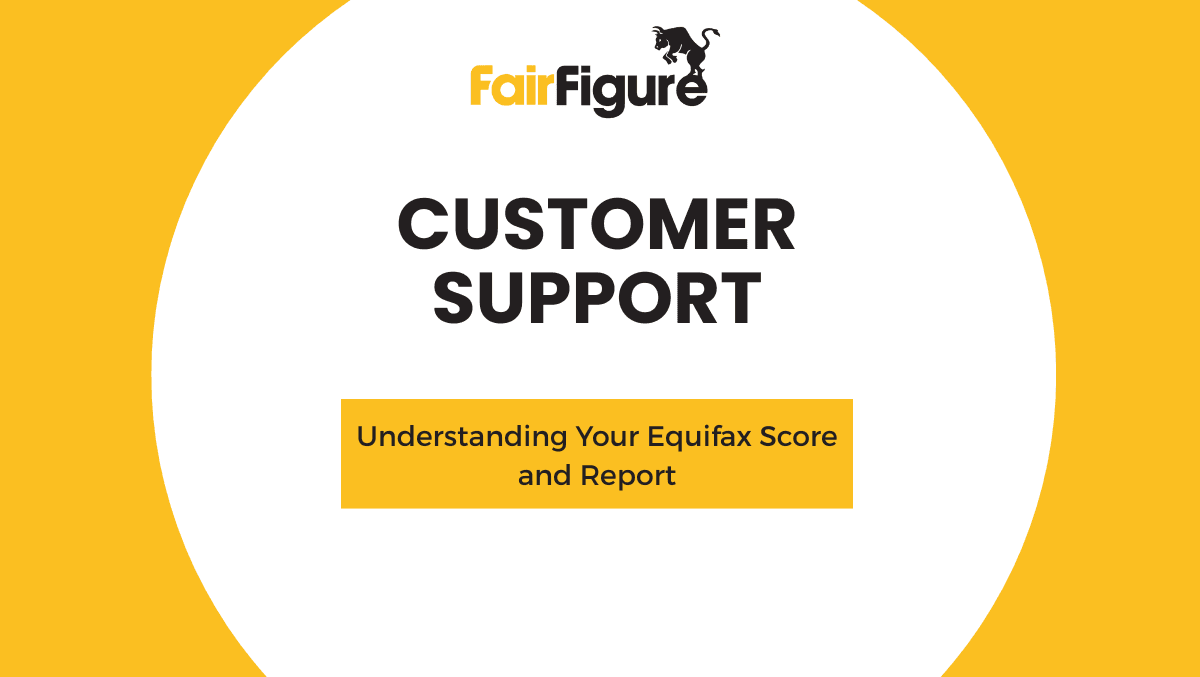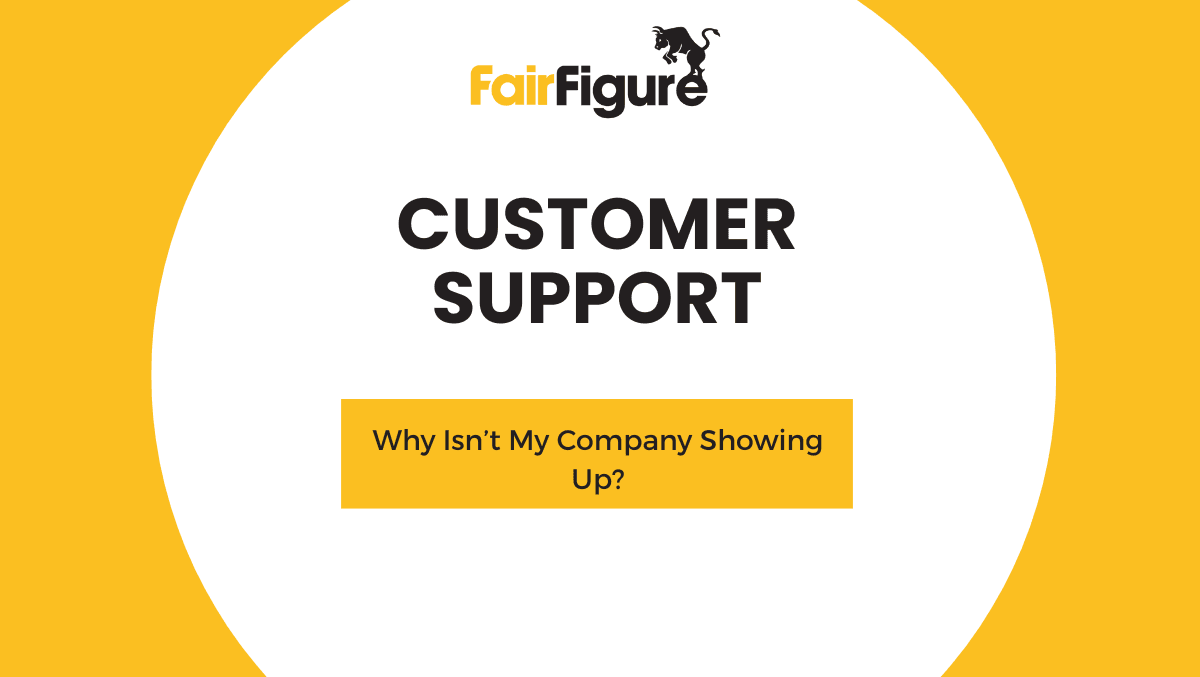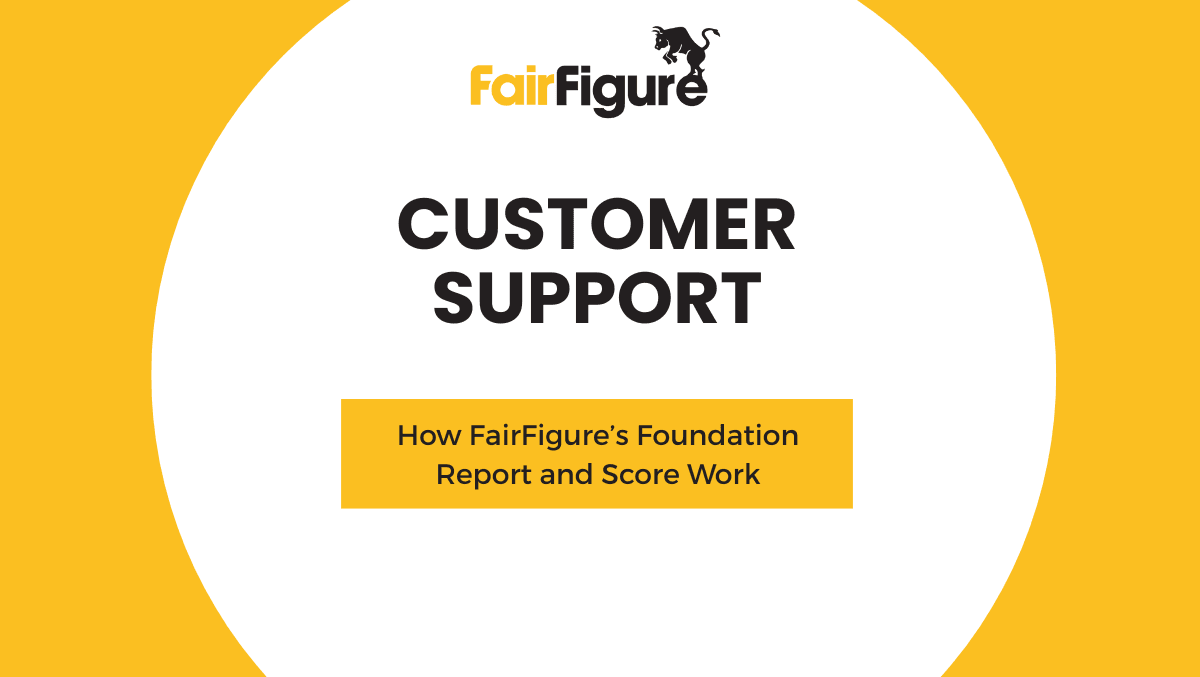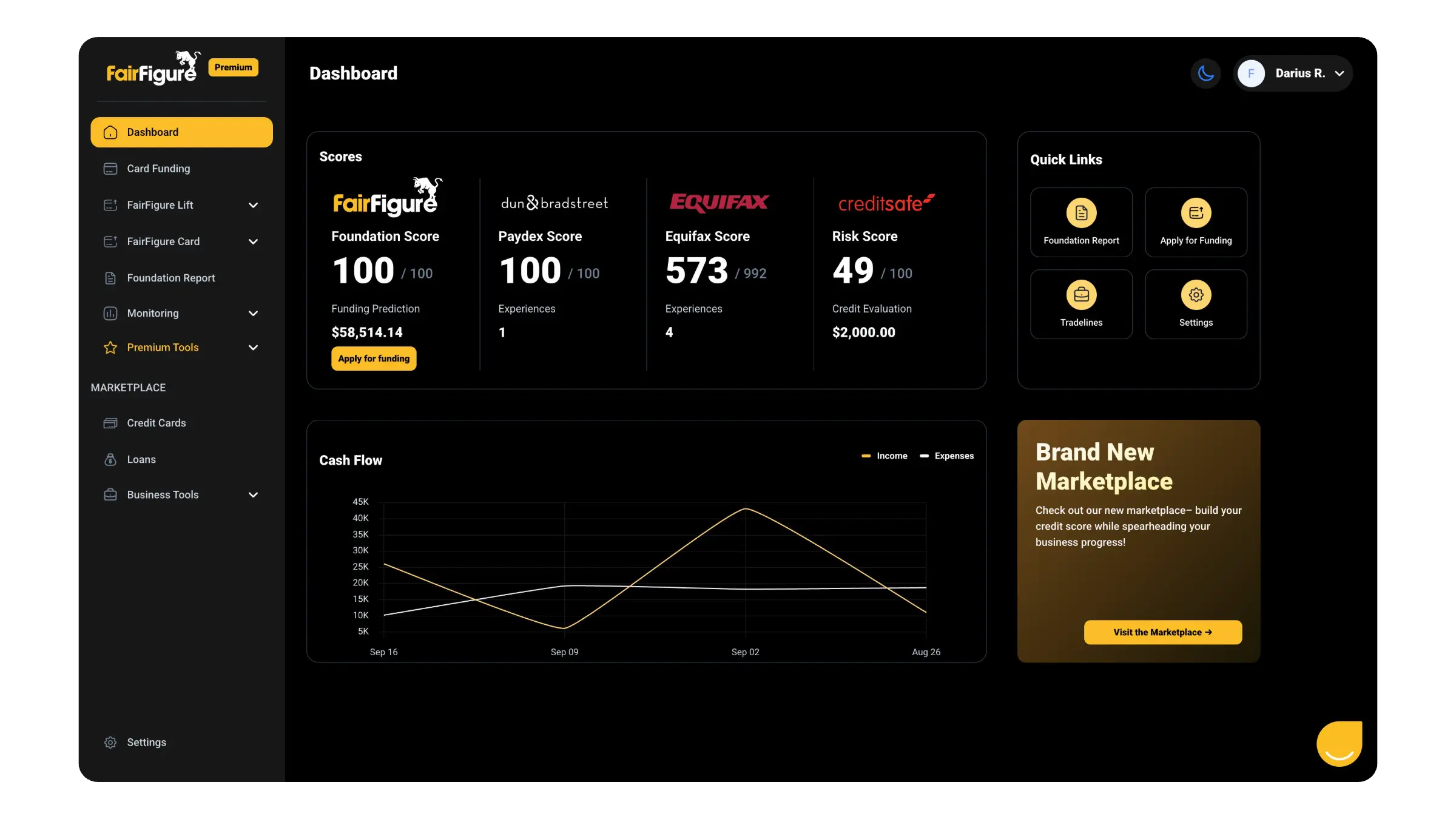Which Business Credit Cards Report to Business Credit Bureaus?
Author: Nick Alex Gallo
July 18, 2025
13 min read
TABLE OF CONTENTS
- 1. Which Issuers Report to Which Bureaus?
- 2. The Business Credit Cards That Report to the Most Business Credit Bureaus
- 3. The FairFigure Capital Card
- 4. Capital One Spark 1% Classic Business Card
- 5. Capital One Venture X Business Card
- 6. Chase Ink Business Unlimited Card
- 7. Chase Ink Business Preferred Card
- 8. Chase Ink Business Cash Card

Start your credit building journey for your business

Building business credit requires that you open a mix of tradelines, and business credit cards are often a great choice.
Not only are they more accessible than many other financial tradelines, but they’re also a highly flexible form of financing that can help you manage your cash flows.
Let’s explore which business credit cards report to the business credit bureaus and offer the most attractive rewards.
Which Issuers Report to Which Bureaus?
Every business credit card issuer has a unique policy for reporting to both the business and personal credit bureaus.
Whether you're looking to build your personal credit score or business credit score, that can significantly impact whether or not an issuer's accounts are worth pursuing.
If you don't have the credit to qualify for the best business credit cards, consider targeting secured business credit cards instead. They require collateral, but that makes them more accessible with bad credit.
If you’re brand new to business credit building, start at the bottom of the business credit tiers and work your way up. Start with trade credit, such as net 30 accounts, to lay a foundation.
Also known as vendor tradelines, they're easier to qualify for than financial tradelines like business loans or a small business credit card.
Read through articles like Tier 1 Business Credit Vendors and Wise Business Plans Net 30 Review for ideas on which trade accounts to target first.
The Business Credit Cards That Report to the Most Business Credit Bureaus
As stated earlier, credit card issuers each have a credit reporting policy that dictates which of the business credit bureaus they report to. These are some of the best account offers from the issuers that report to the most bureaus:
- The FairFigure Capital Card
- Capital One Spark 1% Classic Business Card
- Capital One Venture X Business Card
- Chase Ink Business Unlimited Card
- Chase Ink Business Preferred Card
- Chase Ink Business Cash Card
- Citi AAdvantage Business World Elite Card
- U.S. Bank Triple Cash Rewards Card
- Ramp Corporate Card
1. The FairFigure Capital Card
While not technically a credit card, the FairFigure Capital Card reports as a financial tradeline to Equifax Commercial, CreditSafe, the SBFE, and their own Foundation Report.
Instead of cash back, its benefits primarily revolve around your credit. In addition to reporting card payments to the business bureaus, we report the $30 monthly business credit monitoring subscription as a separate vendor tradeline, helping you build credit faster.
The business credit monitoring services allow you to access your Equifax and CreditSafe business credit scores and reports at will, plus our proprietary Fundex Score and Foundation Report.
All that said, arguably the most attractive aspect of the FairFigure card is that it’s readily accessible to business owners who might not qualify for other accounts.
You can qualify using only your company’s Employer Identification Number (EIN), which means FairFigure won’t check your personal credit or require a personal guarantee.
Your business just needs to be at least three months old and have $2,500 or more in monthly recurring revenue. Sign up today and secure two business tradelines using your EIN only!
2. Capital One Spark 1% Classic Business Card
Capital One is one of the few credit card issuers that reports to all three of the major business credit bureaus, including Dun & Bradstreet (D&B), Equifax Business, and Experian Business.
It even reports to the Small Business Financial Exchange (SBFE), which is another popular source of business credit information.
Fortunately, Capital One also has a healthy mix of business credit card accounts to choose from, including the Spark 1% Classic Card, which is an excellent option for small business owners who are just starting to establish their business credit.
Despite not being a secured business credit card, it’s accessible to those with fair credit, which is defined as a personal FICO Score of 580 to 669. That’s below the national average of 717, which means the account is open to a wide range of borrowers.
In addition, the Spark 1% Classic Card offers 1% cash back on all purchases, with no annual limit or expiration date. Cardholders also receive unlimited 5% cash back on hotels and rental cars booked through Capital One Travel, all for no annual fee.
3. Capital One Venture X Business Card
Like the Spark Classic, the Venture X Business Card reports to all three major business credit bureaus and the Small Business Financial Exchange (SBFE). It’s another strong credit card offer from Capital One, especially if you travel often.
Cardholders receive the following benefits:
- 10X miles on hotels and rental cars booked through Capital One Travel
- 5X miles on flights booked through Capital One Travel
- 2X miles on all other purchases, with no restrictions or blackout dates
In addition, the Venture X Business Card currently offers 150,000 bonus miles when you spend at least $30,000 within three months of opening your account. That’s roughly equivalent to $1,500 in travel.
Lastly, the Venture X includes a $300 annual travel credit, plus 10,000 bonus miles every year, which can easily offset the $395 annual fee.
Capital One claims you need an excellent personal credit history to qualify for the account, which likely means a score of at least 700. It describes excellent credit as the following:
- You’ve never declared bankruptcy or defaulted on a loan
- You haven’t been more than 60 days late on any credit card, medical bill, or loan in the last year
- You’ve had a loan or credit card for three years or more with a credit limit above $5,000
The Venture X Business Card is ideal for borrowers who meet these requirements and are willing to maximize cash back on their travel expenses by making their purchases through the Capital One Travel center.
4. Chase Ink Business Unlimited Card
Like Capital One, Chase reports its business credit card accounts to all three major business credit bureaus and the SBFE. Since it has nearly a dozen different credit card offers, it’s also a great source of good business credit cards.
The Chase Ink Business Unlimited Card is one of its most well-rounded options, with various benefits that make it an attractive account for any small business owner. Those include the following:
- Unlimited 1.5% cash back rewards on every purchase
- $750 cash bonus when you spend $6,000 in your first three months
- 0% intro APR for your first 12 months on all purchases
The Ink Business Unlimited Card also has no annual fee, which means you get solid cash back for day-to-day purchases, a healthy sign-up bonus, and a year of interest-free financing for free.
Chase doesn’t disclose the credit score you need to qualify for the account, but customer reviews indicate that you should aim to have at least a good score, which is typically defined as a FICO Score of 670 or higher.
5. Chase Ink Business Preferred Card
As a Chase credit card, the Ink Business Preferred Card is another account that's reported to all three major business credit bureaus and the SBFE. It also combines an impressive sign-up bonus with a healthy cash-back rate in various categories.
Here are the details of the current benefits:
- 120,000 bonus points after you spend $8,000 in the first three months
- 3x points on the first $150,000 spent on shipping, digital advertising, certain utilities, and travel expenses each year
- Unlimited 1x points on all other purchases without expiration
- Limited time 5x points on Lyft rides
You can redeem your points in the Chase Travel center to make them go 25% further. For example, the 120,000 point bonus would be worth $1,500 in travel. These benefits are all available for only $95 per year.
Chase doesn’t disclose the minimum credit score for this account either, but you can expect the requirements to be similar to other Chase Ink Business cards. In other words, you should aim to have a score of at least 670.
6. Chase Ink Business Cash Card
The last Chase credit card on our list is the Chase Ink Business Cash card. It gets reported to the same bureaus as the other Chase cards and has a diverse mix of benefits, including high cash-back rates, 0% intro APR, and a strong sign-up bonus. Here are the cash-back specifics:
- 5% cash back on the first $25,000 you spend at office supply stores and on internet, cable, and phone services each year
- 2% cash back on the first $25,000 you spend at gas stations and restaurants each year
- 1% cash back on all other purchases with no limits
- Limited time 5% cash back on Lyft rides
You’ll also earn $350 when you spend $3,000 in the first three months, plus an additional $400 when you spend 6,000 within the first six months. Finally, you’re guaranteed 0% intro APR for all purchases in the first 12 months.
If you happen to have a Chase Business Checking account on your first card anniversary, you can also earn a one-time 10% bonus on all the cash back you earned during your first year.
To top it off, the Chase Ink Business Preferred Card doesn’t have an annual fee.
7. Citi AAdvantage Business World Elite Card
Citi is the last of the three major credit card issuers that report to D&B, Equifax Business, Experian Business, and the SBFE.
That makes it another excellent option for those who want to build business credit, but it only has a couple of business credit cards to offer.
The most commonly beneficial of Citi’s two credit card options is the AAdvantage Business World Elite Card. It’s a travel card ideal for those who prefer to fly with American Airlines, granting the following to cardholders:
- 2X AAdvantage miles for purchases at telecommunications merchants, cable and satellite providers, car rentals, gas stations, and American Airlines
- 1x mile and 1x Loyalty Point for every dollar spent on other business purchases
- $0 annual fee for the first year and no foreign transaction fees
In addition, you’ll receive several on-flight benefits when flying American Airlines, including a free checked bag, preferred boarding, and 25% off all inflight food, beverage, and Wi-Fi purchases.
Citi doesn’t share the minimum credit score requirements for its credit card accounts either, but you’ll likely need a good to excellent credit score for them too.
8. U.S. Bank Triple Cash Rewards Card
Unlike Capital One, Chase, and Citi, U.S. Bank doesn’t report to each major business credit bureau. However, it does report to D&B, which is arguably the most popular of the three, plus the SBFE.
Because it also has an extensive list of attractive offers, U.S. Bank can still be a great source of business credit cards. The Triple Cash Rewards Card is an excellent option with very well-rounded benefits, including:
- $750 in cash back when you spend $6,000 in the first six months
- 5% cash back on hotels and car rentals booked in the Travel Rewards Center
- 3% back on all purchases at gas and EV charging stations, office supply stores, cell phone service providers, and restaurants
- 1% cash back on all other purchases with no limit or expiration
- $100 annual credit for recurring software subscriptions like QuickBooks
- 0% introductory APR for all purchases within the first 12 months
The Triple Cash Rewards Card also carries no annual fee, so cardholders receive all that for free.
However, U.S. Bank seems to have higher standards than some other card issuers, as customer reviews indicate you may need a score of 700 or higher to have a good chance of qualifying.
9. Ramp Corporate Card
Ramp is a financial automation platform that provides businesses with powerful expense tracking and management tools.
One of the most notable is the Ramp Corporate Card, which currently offers $250 cash back after you apply and get approved, with no minimum spend required.
Ramp also claims that it reports to each major business credit reporting agency. It doesn’t provide any details about which of them, but you can be sure that the account does contribute to at least one of the most popular business credit reports.
All that said, the Ramp Corporate Card’s most powerful feature is its seamless integration with Ramp’s bookkeeping and accounting platform, which can automate your monthly closing, limit spending on each employee card, run your accounts payable, and more.
If you need an expense management tool and want to build business credit, Ramp could be an excellent option.
Do Business Credit Cards Report to Business Credit?
Business credit cards may or may not report to the business credit bureaus. Issuers aren’t legally required to send the information to anyone, and doing so costs money, so each institution has its own policy.
That said, most business credit card issuers report to at least one business credit report, and the best report to more. A few actually share data with all three major bureaus, including Capital One, Chase, and CitiBank.
Despite the cost, credit reporting is often in a credit card issuer’s best interest. Some significant benefits of the practice include:
- Attracting borrowers: Borrowers often pursue credit cards with a specific issuer because they report to multiple major credit bureaus, making them a better opportunity to build business credit.
- Encouraging timely payments: When your payment history affects your credit in addition to your finances, there’s even more incentive to repay your outstanding debts on time and in full.
Of course, creditors also have to share their data to make the credit system work. Every creditor that shares account data helps other creditors by providing insight into their customers’ payment habits and helping them make informed decisions.
Do Business Cards Report to Personal Credit?
Business credit card issuers are also free to set their own policy regarding personal credit reporting. Some share all information with each consumer credit bureau, while others share only positive or negative activity.
Positive activity refers to the actions that would improve your credit score if it was in your personal credit report, such as timely payments, low credit utilization rates, and other responsible behaviors.
Meanwhile, negative card activity refers to mistakes that could cause you to have a bad credit score. Most notably, that includes making late payments or defaulting on your account altogether. If you want to learn more about this, we wrote a whole article about Which Business Credit Cards Do Not Report to Personal Credit Bureaus.
Ideally, you should target business credit cards that report to your desired business credit bureaus while only reporting positive activity–or none at all–to the personal credit bureaus. That way, you can build credit without risking your personal score or finances.
More articles
Read More >
January 09, 2026
2 min read

January 09, 2026
2 min read

January 09, 2026
2 min read

Start your credit building journey for your business

Start your credit journey now with FairFigure